IECS Spring Seminar 2017
Te Whāriki 2017: New realities and possibilities
Whaia te iti kahurangi. Ki te tūohu koe, me he maunga teitei.
Set your sights on the lofty heights, and through talking, listening and valuing one another we can create lively colourful futures.
The 2017 Institute for Early Childhood Studies (IECS) Spring Research Seminar offered chances for practitioners and researchers to explore some of the possibilities and realities of the revised Te Whāriki.
Ehara Taku Toa
Composed by Emma Matthews, lyrics from Te Whāriki 2017.
Keynote Addresses
Associate Professor Jenny Ritchie and Dr Mere Skerrett
A fantastical journey: Re-imagining Te Whāriki
What shifts have been signalled in the refreshed document? What does it say about te reo? Reflecting on considerations for a national language policy as per the Royal Society’s 2013 report. We suggest that our sector needs to advocate to ensure that te reo needs to be compulsory beyond the ECCE sector.
What does the revised Te Whāriki say about pedagogical responses to the climate crisis? A reflection on biocultural and ecotranslation considerations.
We reflected on the meaning of ‘Kotahitanga’ in relation to our curriculum? And we asked how we might practice ‘Mana Atua’ holistically? Challenging ourselves to critique and acknowledge the weaknesses of the ‘refreshed’ Te Whāriki, whilst avoiding constraints of conventional, colonial thinking to build on the strengths of the document.
Associate Professor Sally Peters
Transition from ECE to primary in the context of the refreshed Te Whāriki
In recent years there has been much attention focused on supporting the continuity of learning as children transition within and between education settings. Transition points may offer both crisis and opportunity in lives that are “always in a process of becoming” (Hörschelmann, 2011, p. 379).
This presentation shared the findings from a number of recent research projects which explored possible strategies and practices to enhance the transition experiences of children and families. Particular attention was paid to the transition to school and the findings were discussed in the context of the refreshed Te Whāriki (2017).
The ‘Pathways to school and kura’ section of the curriculum, along with the online support materials for ‘Pathways and Transitions’ were also examined as a starting point for acknowledging “the child’s potential and their ongoing educational journey" (Ministry of Education, 2017, inside cover).
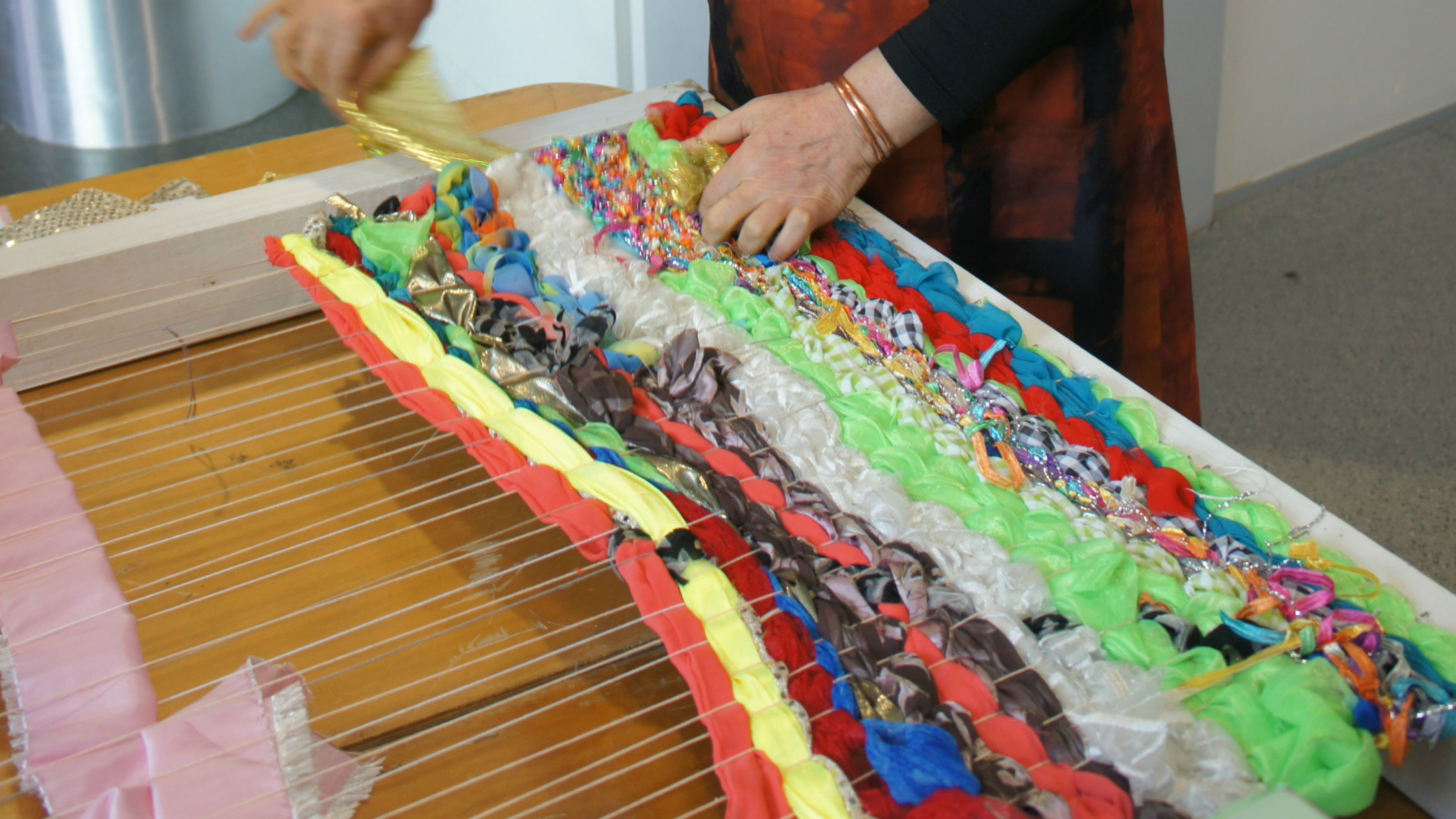
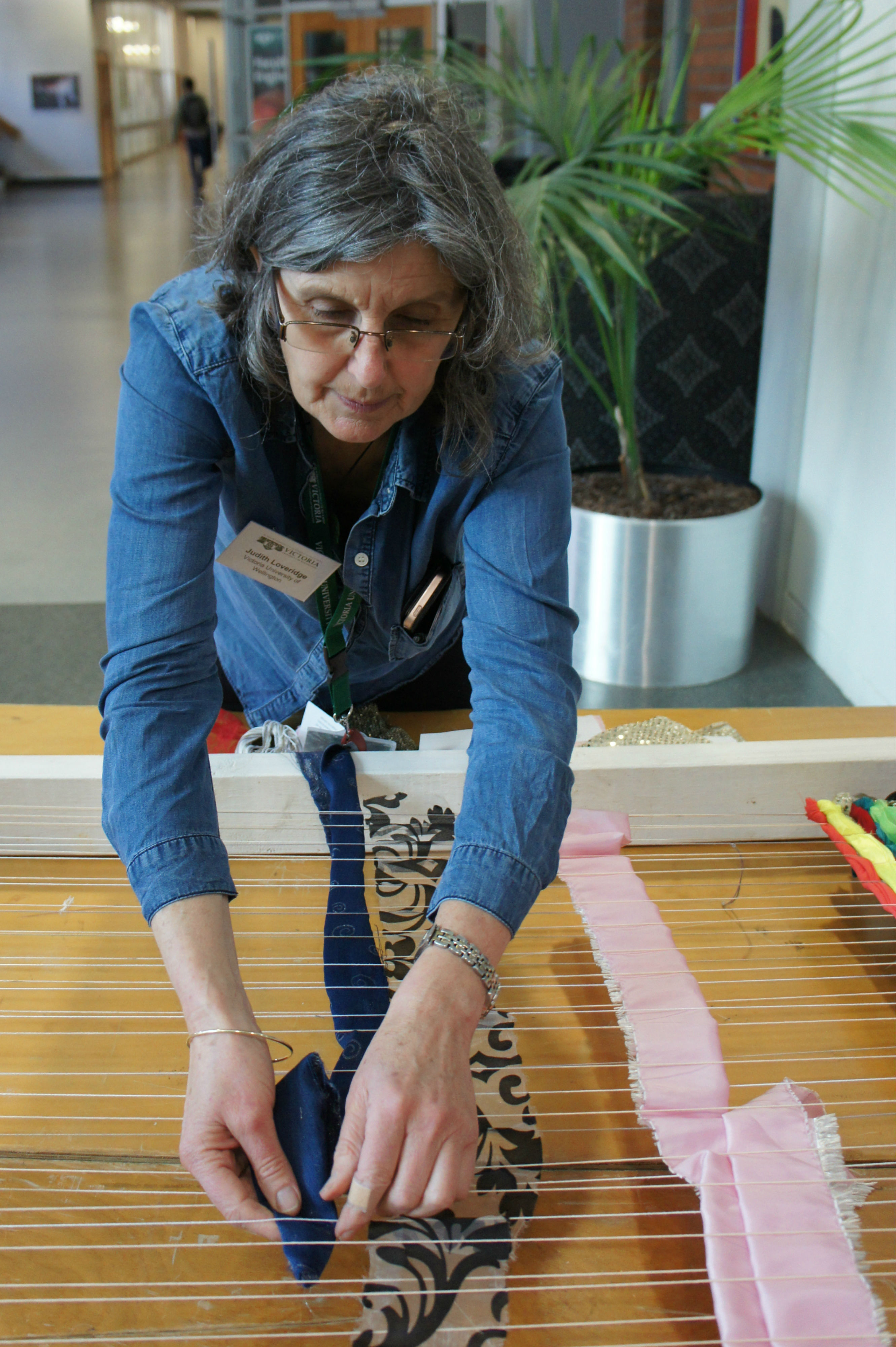

Workshop sessions
Dr Sue Cherrington and Dr Tara McLaughlin
Creating a rich curriculum through intentional teaching
In this workshop, Sue and Tara responded to the Ministry of Education’s expectation that all children experience a rich early childhood curriculum that is both broad and deep.
They focused on how early childhood teachers and practitioners can be intentional in their teaching, drawing on their “knowledge about individual children, child development and curriculum, contextual influences, appropriate teaching practices, and family and cultural preferences” (McLaughlin, Aspden & Snyder, 2016, Intentional Teaching as a Pathway to Equity in Early Childhood Education: Participation, Quality, and Equity, p. 182) to inform their practice and support child learning. Using Te Whāriki and a range of pedagogical resources, participants will explore these ideas in relation to children in their early childhood setting.
Professor Carmen Dalli
Refreshing our work with infants and toddlers: Mantras from theory, research and practice
Mantras are words or sounds frequently repeated to aid concentration in meditation. In our everyday life we encounter statements or slogans that do an equivalent job in simplifying aspects of thinking and action.
In this workshop Carmen invited participants to consider what ‘professional mantras’ might help us in working with infants and toddlers. She shared her own personal collection of mantras from theory, research, and practice in the context of Te Whāriki 2017 as the basis for attuned pedagogy with our youngest citizens.
Rachel Denee
Distributed leadership for professional learning
This workshop encouraged participants to consider the relationship between distributed leadership and professional learning in early childhood education settings, and explored research that seeks to discover practices of effective positional leaders in facilitating both distributed leadership and professional learning.
Rachel discussed a framework of effective leadership practice, consisting of six elements: inquiry and articulation of thinking; teachers enacting leadership; collaboration and dialogue; mentoring and coaching; fostering relational trust; creating vision and designing supportive structures.
Links to the principles of Te Whāriki and the importance of leadership when considering curriculum provision in ECE contexts were addressed.
Ann Pairman
Little boxes or rambling houses: How do ECE built environments help us empower children?
The spatial designs of ECE buildings have huge variation, from large rambling houses to tiny modular boxes, but does this actually make a difference in how children experience and thrive in these spaces?
In this presentation, Ann reported on research that reveals how four diverse early childhood built environments enabled or constrained young children’s opportunities to exercise agency in their daily lives.
She also discussed the important role of teachers in this material–social interplay and illustrated how the availability of different spaces, in terms of their size and complexity, shaped teachers’ professional agency and decision-making.
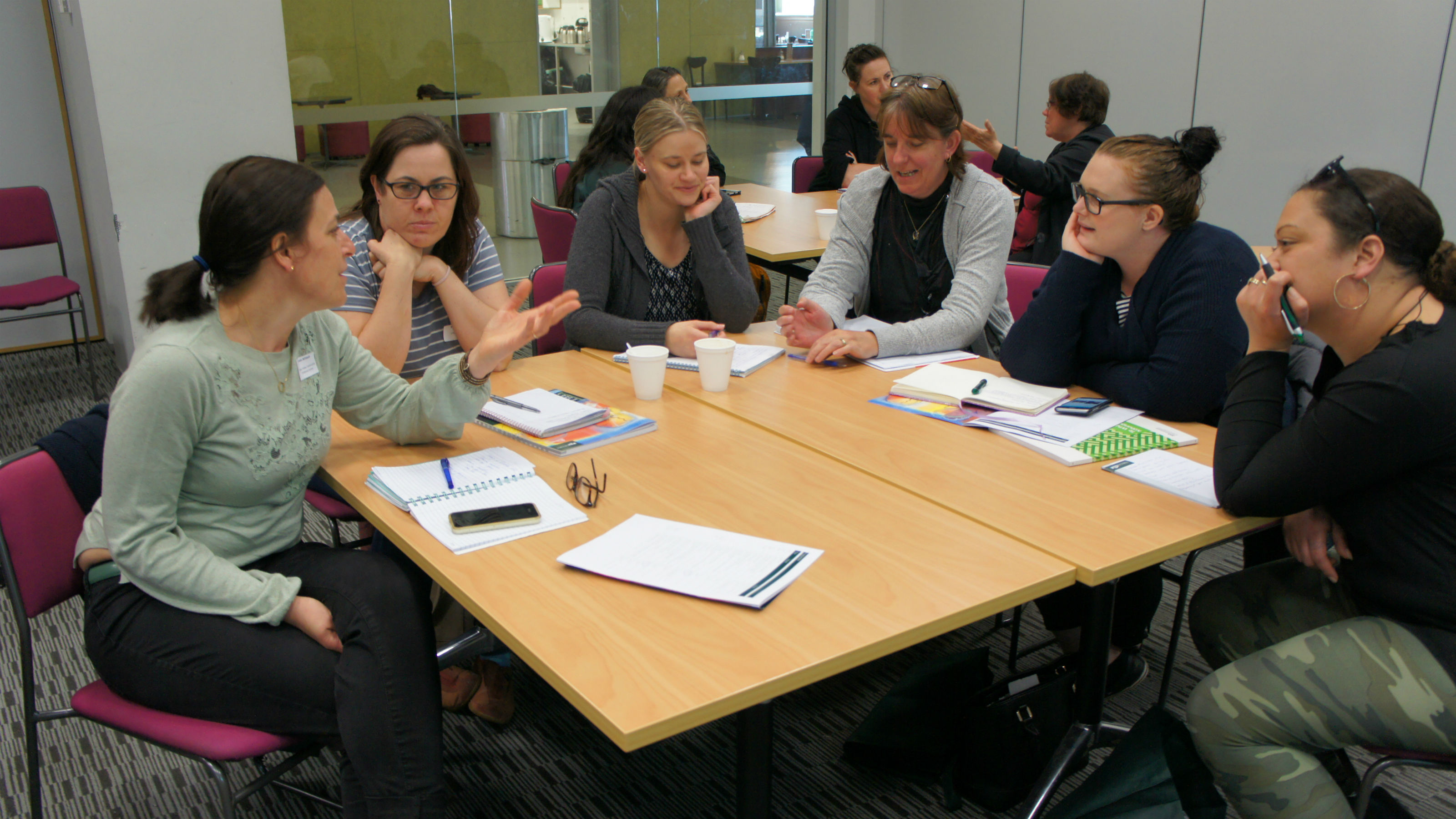
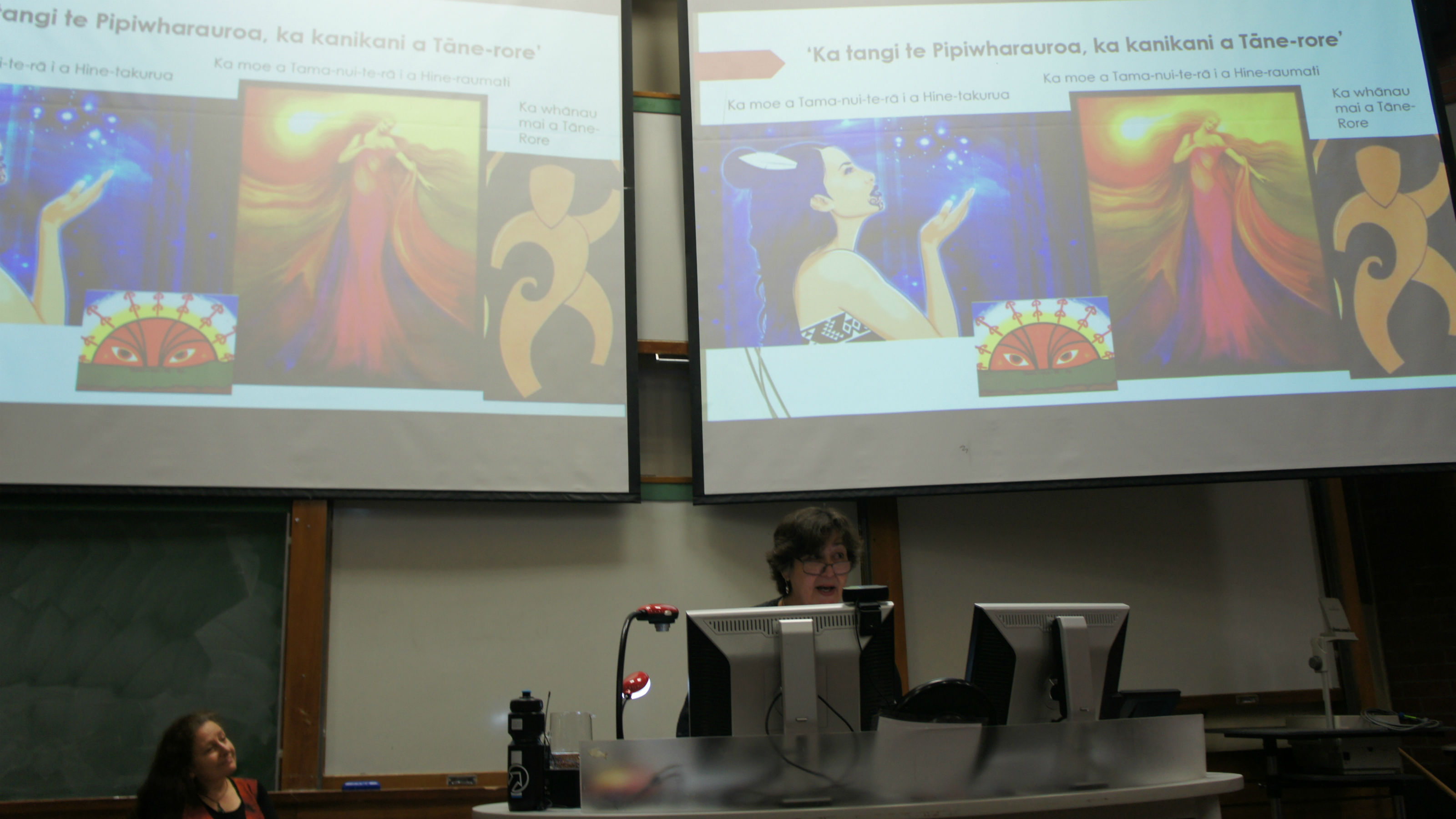
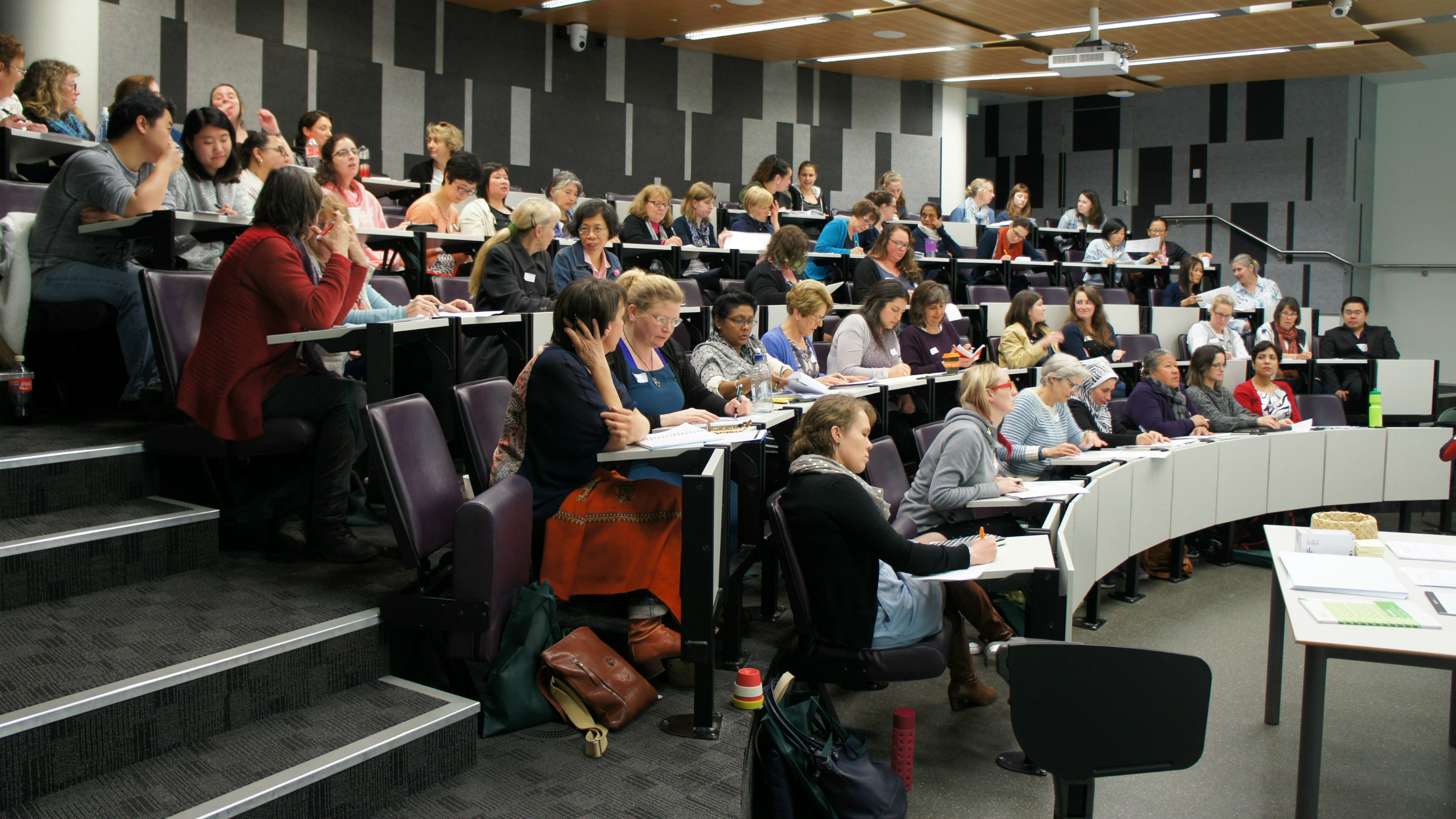
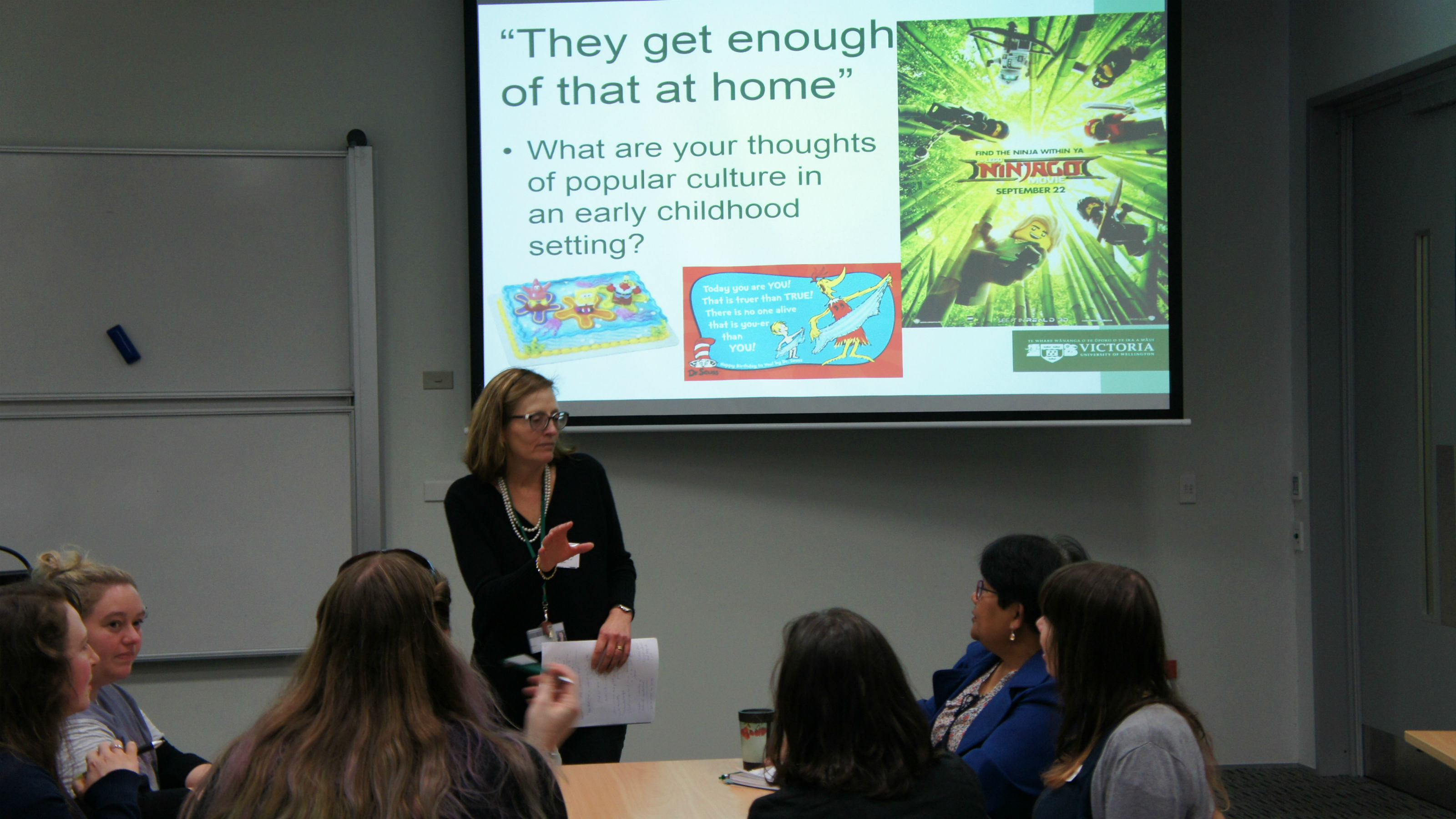
Amanda Higgins, Nicola Goodman, and Luke Santamaria
Using technologies in early childhood education: The challenges and affordances of iPads and e-portfolios
Presentation by Amanda Higgins
Presentation by Nicola Goodman
The use of technologies such as iPads and e-portfolios in early childhood education are becoming increasingly popular. In the first part of this workshop, Amanda, Nicola, and Luke presented results from their postgraduate research, highlighting the affordances and challenges of these technologies and making links with the revised Te Whāriki.
The second part of the workshop focused on a facilitated discussion about the place of these technologies within early childhood education generally and in your service.
Dr Anita Mortlock, Bevan Connell and Athena Maghsoudinejad
Responsive, reciprocal relationships? For sure!
Presentation by Athena Maghsoudinejad
What does recent research on children’s socio-emotional development tell us about fostering communities of children that foster rich and healthy relationships between peers?
Associate Professor Jenny Ritchie and Nadia Abu-Shanab
Revised Te Whāriki and its response to poverty
In what ways does the revised Te Whāriki guide us to sensitively and respectfully manage the complexities and difficulties that children and their whānau face every day when grappling with insufficient resources to be well? Jenny Ritchie and Nadia Abu-Shanab shared their expertise about working with people who are experiencing poverty and offered the opportunity for participants to engage and explore issues of poverty and curriculum.
Dr Mary Jane Shuker
The place of pop culture in early childhood education settings
Research has increasingly recognised the significant role that popular culture plays in many young children’s lives. Children naturally bring their home and community interests regarding popular culture into their early childhood settings.
This session explored the place of popular culture in such settings, in order to provide a socially and culturally responsive curriculum.
